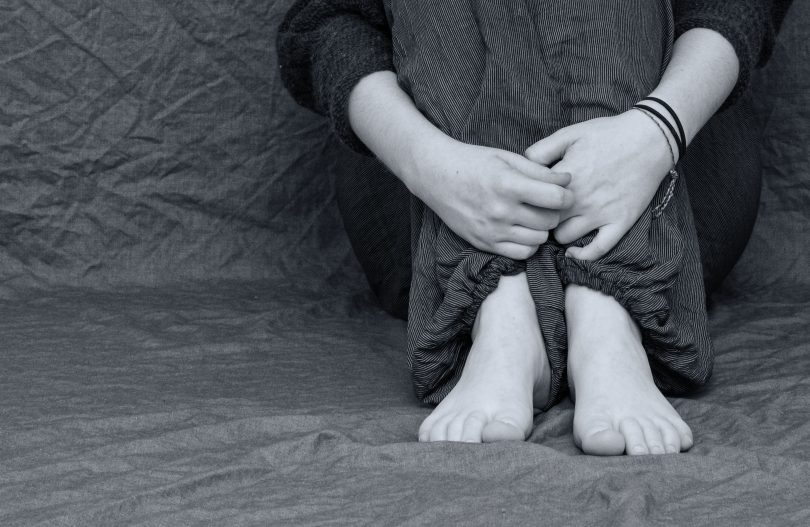What are the anxiety symptoms dads should look out for?
As dads, we want to make sure our children are as free from worry as possible. They should be full of wonder and enjoyment: stressing about things is our job! Sometimes, however, you can’t just take the burden. Anxiety symptoms require a different approach.
While it’s normal for kids to feel anxious about starting school or moving to a new area, some struggle with anxiety symptoms on a day-to-day basis. In these cases, it’s important to spot and address the issue before it develops into something worse.
Here are the symptoms to look out for in your children’s behaviour.
Constant worrying and negative thoughts
Children with developing anxiety disorders might always feel that the worst is bound to happen, even when that belief is clearly irrational. For these children, the world seems overwhelming. Take note if your kids prioritise avoiding situations they might find stressful over any other concerns.
Excessive clinginess
The first time you drop your children off at school or nursery is always difficult. Sometimes children take a while to find their feet without their parents. Still, if they don’t seem to be able to settle in, it might be worth looking for help with separation anxiety.
Social Phobias
After puberty, kids’ insecurities and difficulties might manifest as a social phobia. It can be an exhausting, emotional struggle to get teens with social phobias to go to school. Many avoid socialising whenever possible. Some even exhibit selective muteness, and refuse to talk in certain situations. Often, children suffering from social phobias feel intensely isolated.
Obsessions and compulsions
If your child is troubled by repetitive, unwanted thoughts, or obsessively repeats the same actions, they might have Obsessive Compulsive Disorder (which is rare in children) or a related anxiety issue.
Panic attacks
Panic attacks are sudden and intense overflows of physical anxiety symptoms. They can include a pounding heart, shortness of breath, dizziness, numbness, and tingling feelings. Panic attacks can be doubly distressing for children, as they often don’t understand what is happening to them.
Irritability, restlessness and trouble concentrating
These anxiety symptoms have been highlighted by 2017’s fidget spinner craze. The effectiveness of toys in managing children’s concentration and anxiety levels is disputed, but children who feel a constant need to fidget and search for distractions could be trying to manage a deeper anxiety issue.
Other anxiety symptoms
- Difficulty sleeping at night and sleepiness during the day
- Fears of embarrassment or making mistakes
- Low self esteem and lack of self-confidence
- Frequent unexplained headaches, stomach-aches and other physical complaints
Professional help for anxiety symptoms
If you have any concerns about anxiety symptoms interfering with your children’s lives and haven’t been able to address them on your own, talk to your GP.








